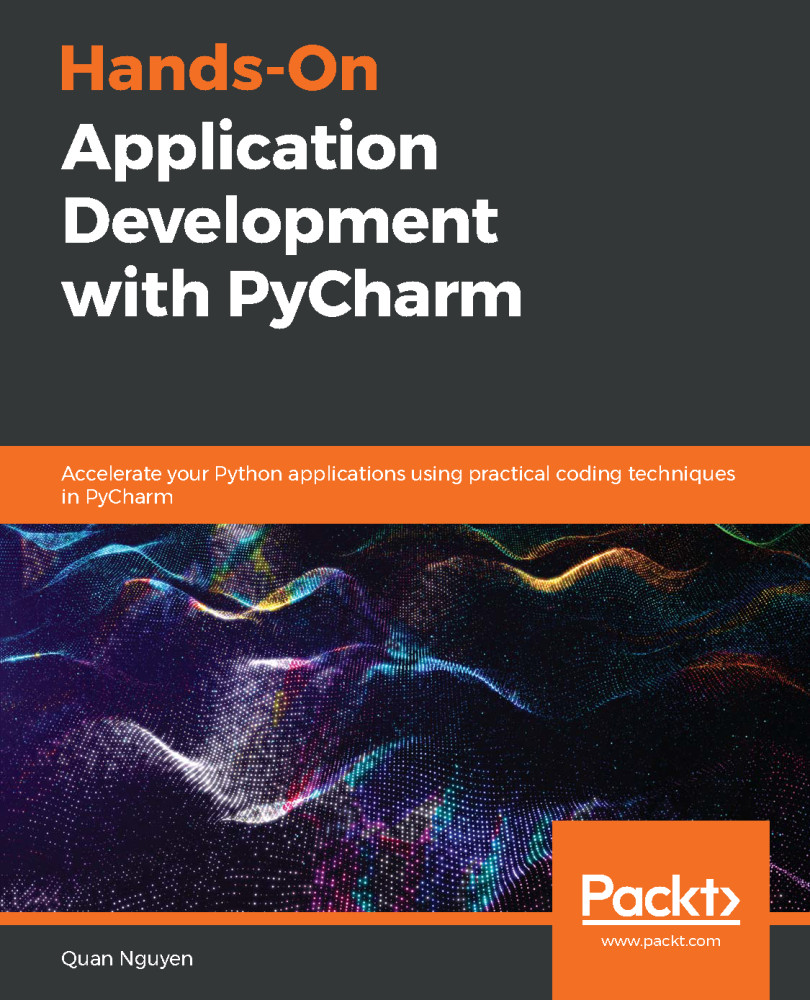A Python programmer typically works on a data science project in two ways—writing a traditional Python script or using a Jupyter Notebook, both of which are heavily supported by PyCharm. Specifically, the SciView panel in PyCharm is a comprehensive and dynamic way to view, manage, and inspect data within a data science project. It offers a great way for us to display visualizations that have been produced by Python scripts as well as to inspect the values within Pandas DataFrames and NumPy arrays.
On the other hand, Jupyter notebooks are a great tool for facilitating iterative development in Python, allowing users to make incremental steps toward analyzing and extracting insights from their datasets. Jupyter notebooks are also well supported by PyCharm, being able to be edited directly inside the PyCharm editor. This allows us to skip the middle step of using a...


